FTC To Challenge Activision Blizzard Acquisition Approval
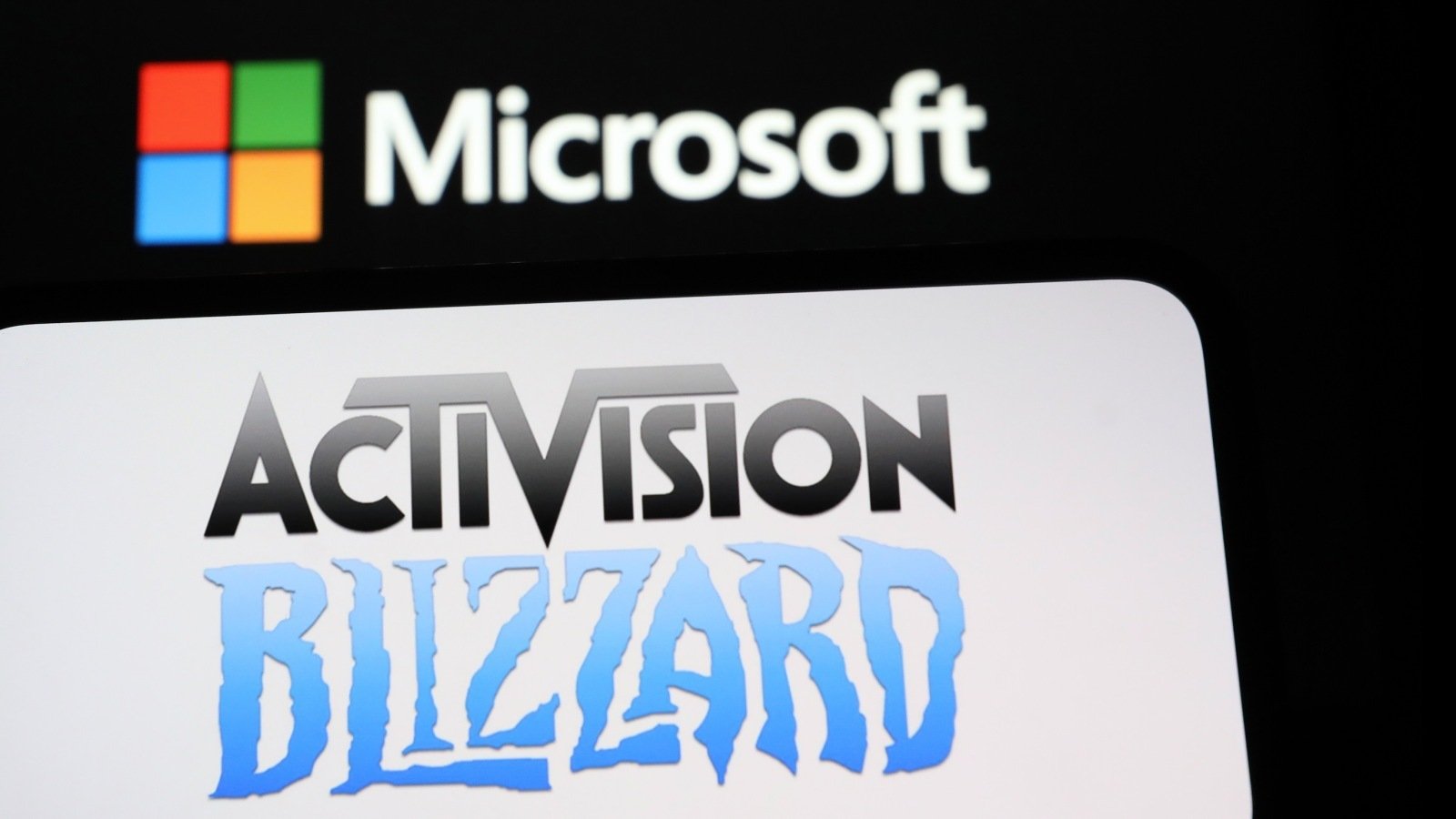
Table of Contents
The FTC's Concerns Regarding Competition
The FTC's primary argument centers around the significant reduction in competition within the gaming market that the merger would create. The commission likely believes that Microsoft acquiring Activision Blizzard, a company boasting iconic franchises like Call of Duty, World of Warcraft, and Candy Crush, will stifle competition and potentially create a monopoly.
- Reduced choice for gamers: The FTC fears that Microsoft could make Activision Blizzard games exclusive to Xbox consoles and its gaming subscription service, Xbox Game Pass, limiting choices for players on PlayStation, Nintendo Switch, and PC.
- Potential for higher game prices: A less competitive market could lead to increased prices for Activision Blizzard games and potentially other titles as well.
- Less innovation in the gaming industry: Reduced competition can stifle innovation, as there's less pressure to develop new and better gaming experiences.
- Microsoft gaining an unfair competitive advantage: The acquisition would grant Microsoft considerable market dominance, giving them an unfair advantage over competitors like Sony and other game publishers. This dominance extends beyond just game sales, influencing streaming services and cloud gaming markets. The concern is the potential for anti-competitive behavior, like leveraging Call of Duty's popularity to lock in customers. These concerns fall under broader antitrust laws designed to prevent monopolies.
Microsoft's Response and Defense Strategy
Microsoft, naturally, refutes the FTC's claims. Their defense strategy hinges on arguing that the merger will ultimately benefit gamers and the industry. They've made several commitments to mitigate the FTC's concerns.
- Promises to maintain Call of Duty availability across platforms: Microsoft has publicly pledged to keep Call of Duty available on PlayStation, aiming to demonstrate its commitment to fair competition. This is a key point in their defense.
- Potential investments in game development and infrastructure: Microsoft might highlight plans for increased investment in game development, potentially benefiting smaller studios and expanding the variety of games available.
- Arguments against market dominance claims: Microsoft's legal team will likely argue that the gaming market is highly dynamic and competitive, with numerous players and emerging platforms. They will likely present data to show that they do not hold an overwhelming market share.
- Legal team's approach to challenging the FTC lawsuit: Microsoft's legal strategy will involve presenting evidence to counter the FTC’s claims and potentially negotiating a modified agreement to address the regulatory body’s concerns. This might include concessions such as licensing agreements or divestitures.
Potential Outcomes and Impacts on the Gaming Industry
The FTC's challenge presents several potential scenarios:
- Blocked merger: The FTC could successfully block the acquisition entirely, leaving Activision Blizzard independent and potentially altering Microsoft's gaming strategy significantly.
- Modified merger: A compromise might involve Microsoft agreeing to certain concessions, such as licensing agreements for key franchises, to appease the FTC's concerns and secure approval.
- Eventual approval: After a lengthy legal battle, the FTC might eventually approve the merger, albeit potentially with conditions attached.
The impact on the gaming industry depends largely on the outcome.
- Impact on game prices: A blocked merger could maintain competitive pricing, while approval might lead to price increases, depending on Microsoft's pricing strategies.
- Impact on game development: The merger's outcome will influence the types of games developed and the resources allocated to different projects.
- Impact on console wars: The acquisition's fate will significantly impact the competitive landscape of the console market, especially the rivalry between Xbox and PlayStation.
- Impact on smaller game developers: The outcome could influence opportunities and challenges for smaller game studios, depending on Microsoft's post-merger approach.
- Precedent for future mergers and acquisitions in the tech industry: The legal battle and its outcome will set a precedent for future mergers and acquisitions in the tech industry, influencing how regulatory bodies approach similar cases.
The Role of Other Regulatory Bodies
The FTC's challenge isn't the only hurdle Microsoft and Activision Blizzard face. Other regulatory bodies worldwide are scrutinizing the merger.
- EU regulatory review: The European Commission is conducting its own antitrust review, with a potential for a different outcome than the FTC's decision.
- UK regulatory review: The UK's Competition and Markets Authority (CMA) is also reviewing the merger, potentially adding another layer of complexity.
- Other international regulatory bodies: Similar reviews may be undertaken by regulatory bodies in other countries, reflecting the global implications of this merger.
FTC Challenge to Activision Blizzard Acquisition – What's Next?
The FTC's challenge to the Activision Blizzard acquisition presents a critical juncture for the gaming industry. The FTC's concerns about reduced competition and Microsoft's defense strategy, emphasizing the benefits for gamers, highlight the central conflict. The potential outcomes—a blocked merger, a modified agreement, or eventual approval—will have far-reaching consequences for game prices, development, console wars, and the broader tech industry. The involvement of international regulatory bodies further complicates the situation, making this legal battle a landmark case for antitrust law.
Stay informed about the developments in the ongoing legal battle surrounding the FTC's challenge to the Activision Blizzard acquisition. Follow our website for updates and in-depth analysis of this critical issue in the gaming world.

Featured Posts
-
 Klmat Alshykh Fysl Alhmwd Bmnasbt Eyd Astqlal Alardn
May 29, 2025
Klmat Alshykh Fysl Alhmwd Bmnasbt Eyd Astqlal Alardn
May 29, 2025 -
 Studio Ecdc Vaccinazione Anti Covid E Riduzione Del Rischio Long Covid Del 27 Negli Adulti
May 29, 2025
Studio Ecdc Vaccinazione Anti Covid E Riduzione Del Rischio Long Covid Del 27 Negli Adulti
May 29, 2025 -
 Wethouderschap Venlo Jozanne Van Der Veldens Terugkeer
May 29, 2025
Wethouderschap Venlo Jozanne Van Der Veldens Terugkeer
May 29, 2025 -
 Latin Women In Music Impact Award An Exclusive Interview With Chiquis
May 29, 2025
Latin Women In Music Impact Award An Exclusive Interview With Chiquis
May 29, 2025 -
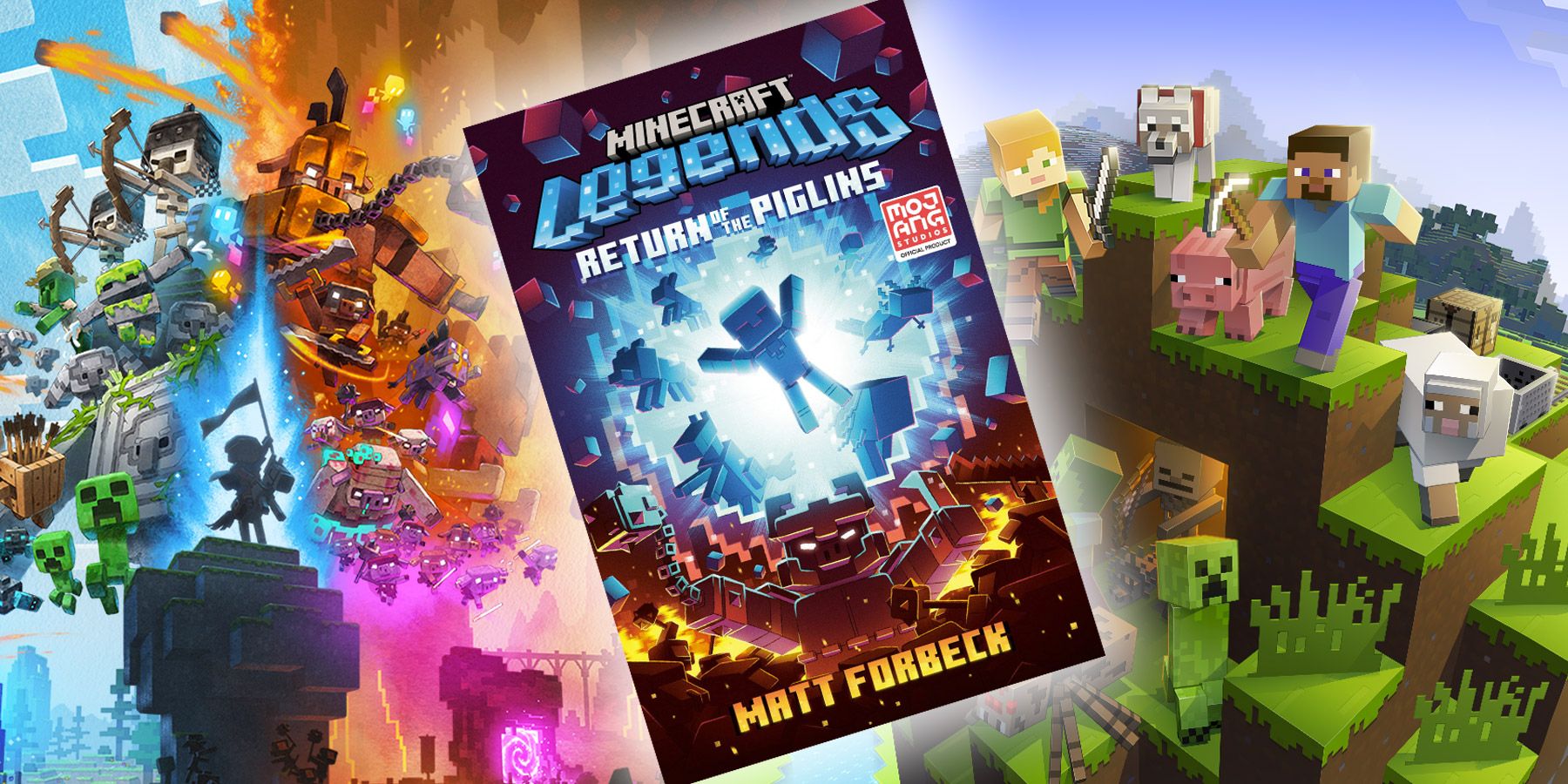 League Of Legends Lore Changes Implications For 2 Xko
May 29, 2025
League Of Legends Lore Changes Implications For 2 Xko
May 29, 2025
Latest Posts
-
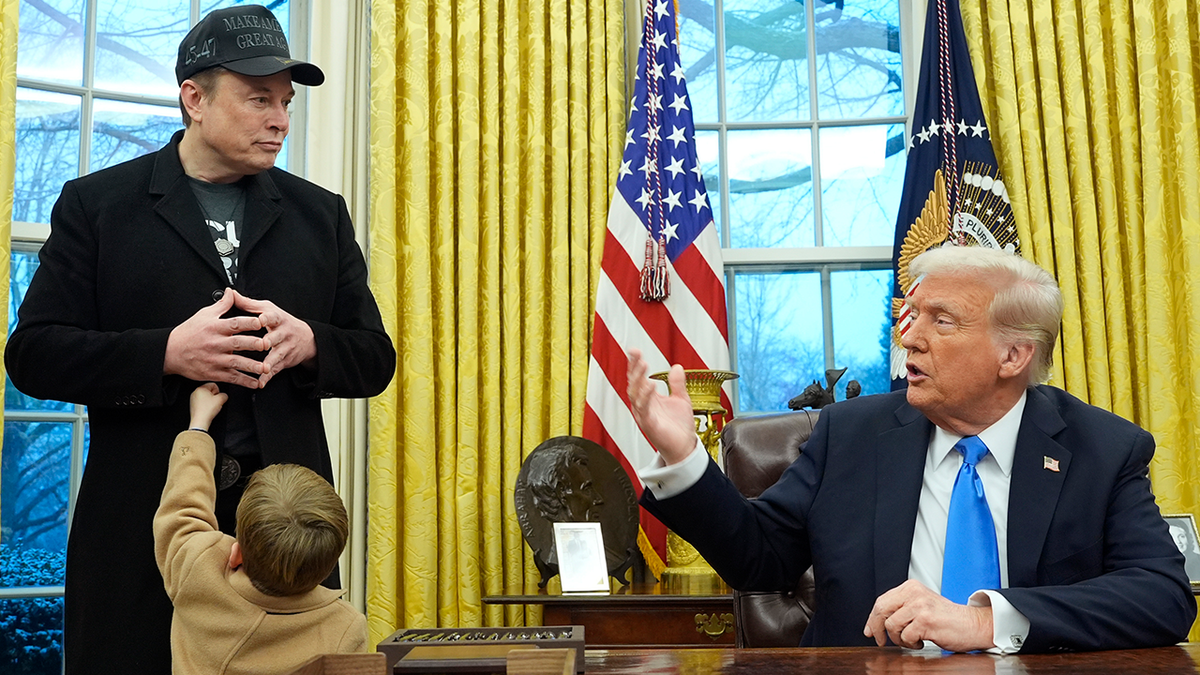 Trump And Musk A New Chapter Begins
May 31, 2025
Trump And Musk A New Chapter Begins
May 31, 2025 -
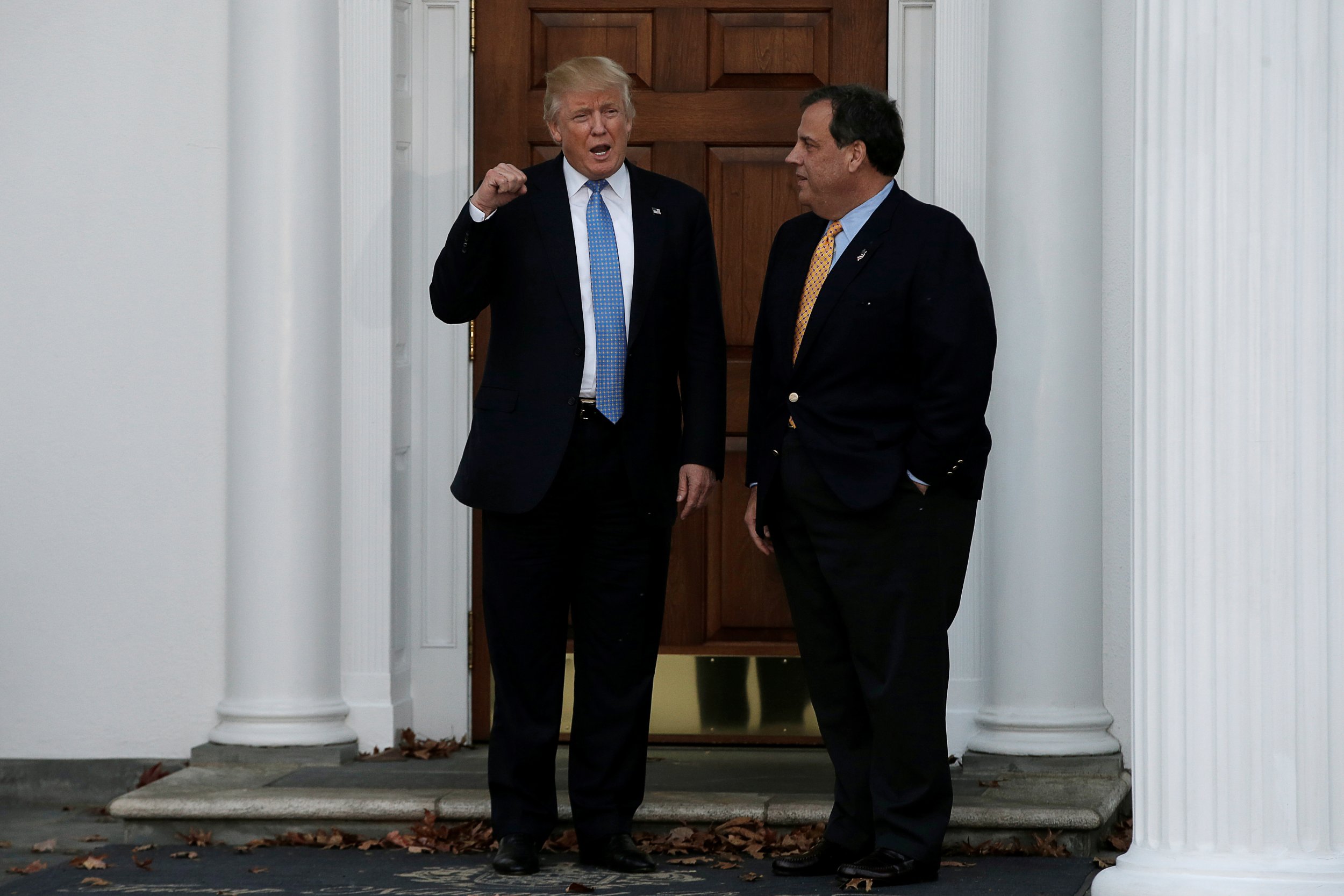 Who Is The Overweight Friend In Donald Trumps Viral Story
May 31, 2025
Who Is The Overweight Friend In Donald Trumps Viral Story
May 31, 2025 -
 Kontuziyata Na Grigor Dimitrov Vliyanie Vrkhu Klasiraneto Mu
May 31, 2025
Kontuziyata Na Grigor Dimitrov Vliyanie Vrkhu Klasiraneto Mu
May 31, 2025 -
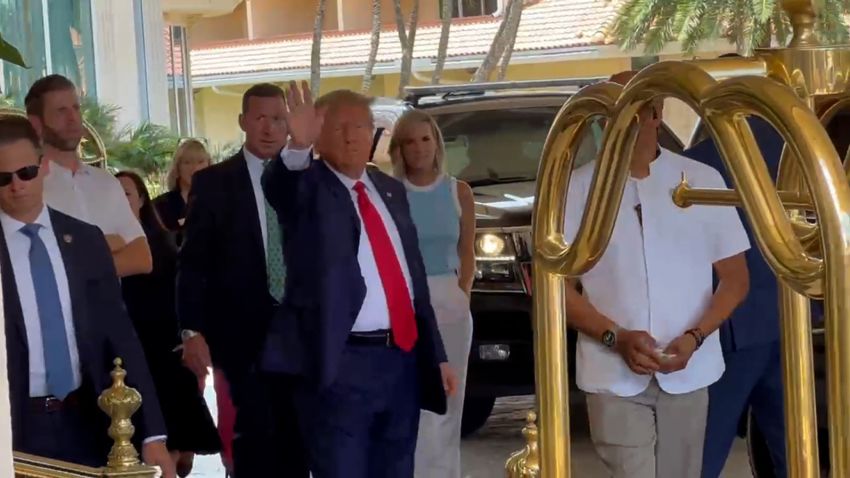 The Truth About Donald Trump And His Friend Debunking The Elon Musk Rumors
May 31, 2025
The Truth About Donald Trump And His Friend Debunking The Elon Musk Rumors
May 31, 2025 -
 15 To Uchastie Na Grigor Dimitrov Na Rolan Garos Kakvo Da Ochakvame
May 31, 2025
15 To Uchastie Na Grigor Dimitrov Na Rolan Garos Kakvo Da Ochakvame
May 31, 2025
